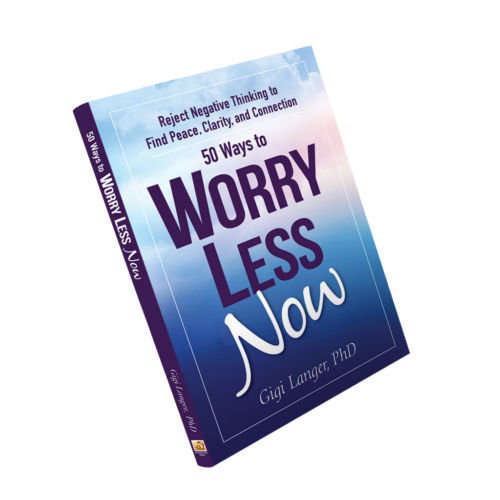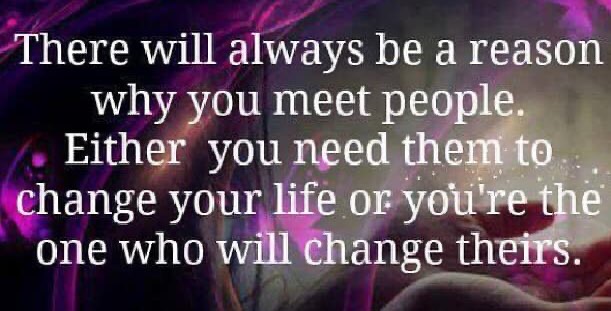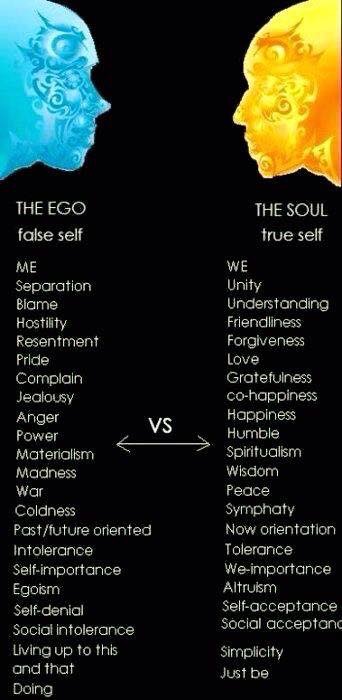
When our survival instincts for procreation, security, and community exceed their proper function, we want what others have, lust for sex and power, and become exceedingly angry when our demands aren’t met. (Bill Wilson) *
Many of us have valiantly tried to satisfy our overblown needs through our own efforts. For example, my selfish search for emotional security drove me to sick relationships, overwork, and manipulation. In the end, I hurt both myself and others.
So, how then do we grow out of the patterns that threaten our romantic life, safety, and productive relations? First, we must sincerely want to find a better way to live. Then, we look at our own part in our unhappiness, and take actions to become the person we want to be.
Most important, we find like-minded people to give us unselfish support as we come to trust a loving, protective power to fulfill our needs.
What’s the Problem with Exaggerated Needs?
We begin our journey by listing each survival instinct, along with the personal cost of trying to force the world to fulfill it. See if any of these needs and consequences apply to your life (add to the list, if you wish).
- Unmet Emotional Needs cause low self-esteem, perfectionism, addiction, self-harm, anxiety
- Threatened Material Security causes inflated ambition, dishonesty, overwork, worry, stress
- Dysfunctional Social Relations result in codependency, prestige-seeking, competitiveness, gossip, failed relationships, conflict
- Dishonest Sex Relations lead to promiscuity, disease, selfishness
Driven by fears of losing what we so desperately need, we may have been selfish, dishonest, and resentful. To free ourselves from these patterns, we write about the following questions and share our answers with a trusted person (therapist, clergy, sponsor, or spiritual advisor).
In what ways did I hurt others or myself,? Where was I . . .
- Selfishly seeking my own security, social needs, or sexual gratification; and ignoring others’ feelings?
- Dishonest with myself and others about my motives to satisfy my security, social relations, sex needs?
- Fearful of not getting my needs met, and trying to control people and things so I could feel .more secure?
- Resentful about my frustrated demands for security, social relations or sex?
This work helps us see the futility of expecting the world and others to fulfill our needs. No matter how hard we’ve tried, it just hasn’t worked, as it’s caused harm to ourselves and others. After sharing our shortcomings with a trusted confidant, we go to work to overcome our negative patterns.
If we’re addicts, alcoholics, workaholics, overeaters, gamblers, or regularly numb ourselves from life’s disappointments, we need help. In my case, I found a skilled therapist and the 12-step programs of AA, Al-Anon, and ACOA.
Self-Compassion
As I met with others who had faced similar challenges, I realized I wasn’t the only one confused about how to keep myself safe and secure; that everyone’s instincts caused them and others trouble.
I came to see my old hurtful actions as misguided attempts to fulfill my own needs. For example, in my alcoholic home, I decided, “If I’m perfect, everyone will like and admire me, and I won’t feel so alone and afraid.” I went on to get good grades, advanced degrees, and professional awards. Eventually, those efforts led to anxiety, alcoholism, drug addiction, chronic pain, and three divorces. Clearly, my attempt to ensure my own happiness was failing.
Loving Support and Security
As I joined with healthy others, I found I was not uniquely bad; I had been merely a desperate mess. Many of my recovering friends had done worse things than I had, and they had become good, reliable, caring people. Perhaps, with help, I could be a better person too.
Through the loving care of others, I began to own my strengths. For example, through my people-pleasing, I developed social skills that had to be balanced with self-care and boundary-setting. Ditto with my perfectionism; I certainly knew how to work hard–an asset–but only when I combined it with adequate rest and self-forgiveness.
Being immersed in groups of happy people who are healing their lives led me to my own source of security–a power greater than my fears. I was relieved that no one pushed me to believe in their definition of a “higher power.” Eventually, with guidance from my sponsor, therapist, and other spiritual teachers, I began to trust in an ever-present love that fulfilled all my needs.
These days, I often take a quiet moment to connect with this benevolent, caring power. In times of trouble, however, when I’m afraid my needs couldn’t possibly be met, I rely on my healthy friends to stream that positive power into my life and mind.
Knowing that love is always available gives me great security, and I’m ever grateful for that.
*NOTE: The ideas presented here are based on the Step 4 Inventory of Alcoholics Anonymous.

Gigi Langer, a person in recovery, holds a Ph.D. in Psychological Studies in Education and an MA in Psychology from Stanford University. Through her writing, coaching, and speaking, Gigi has helped thousands of people improve their lives at home and at work. She lives in Michigan with her husband and Murphy, her cat.

Get Gigi’s new book, “50 Ways to Worry Less Now: Reject Negative Thinking.” Available in audio, e-book, and paperback (5 Stars on Amazon). Click HERE
- “This book is a winner.” –Karen Casey, Bestselling Hazelden author
- “Valuable, heartfelt manual.” — Publishers Weekly (BookLife)




